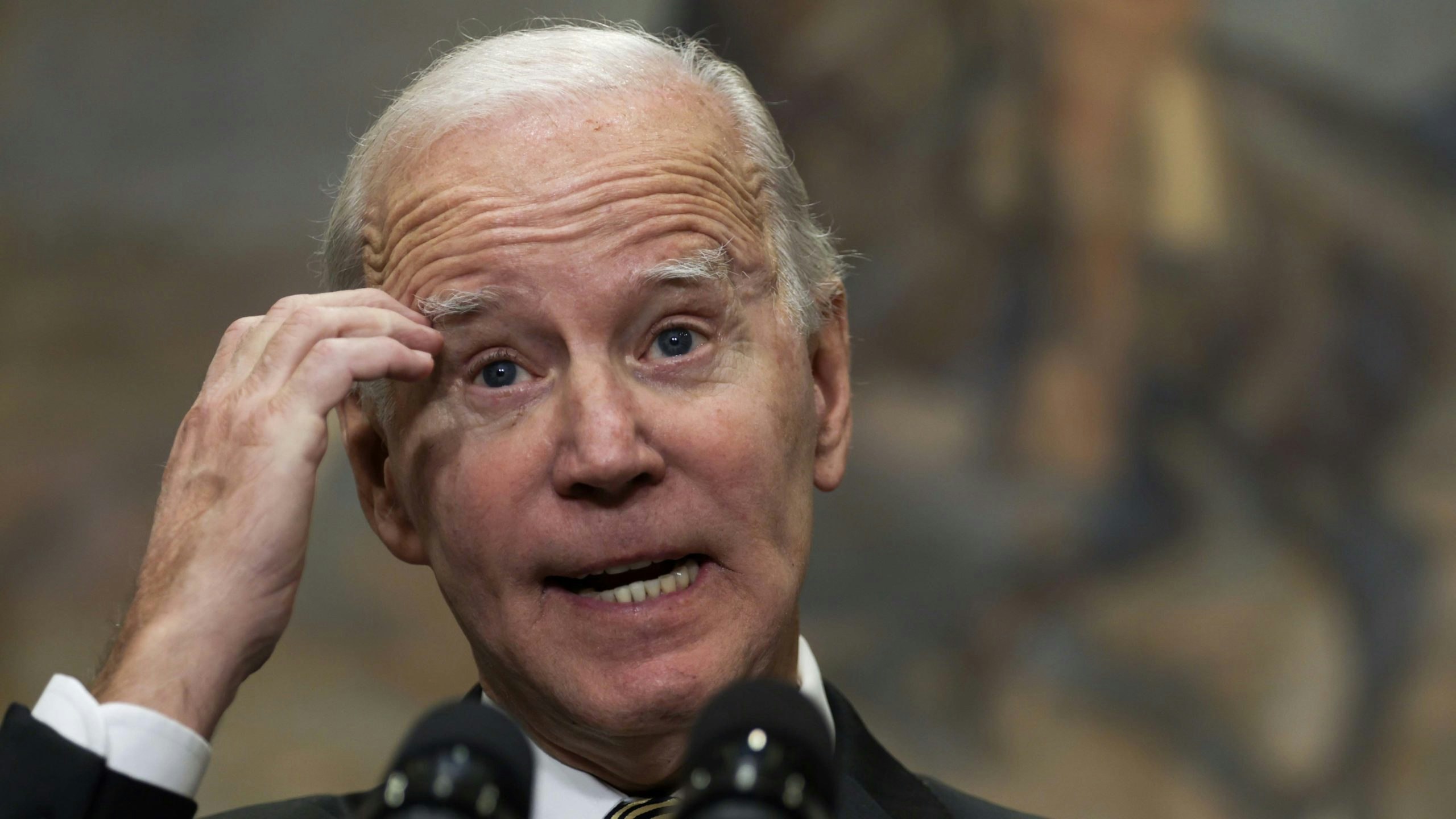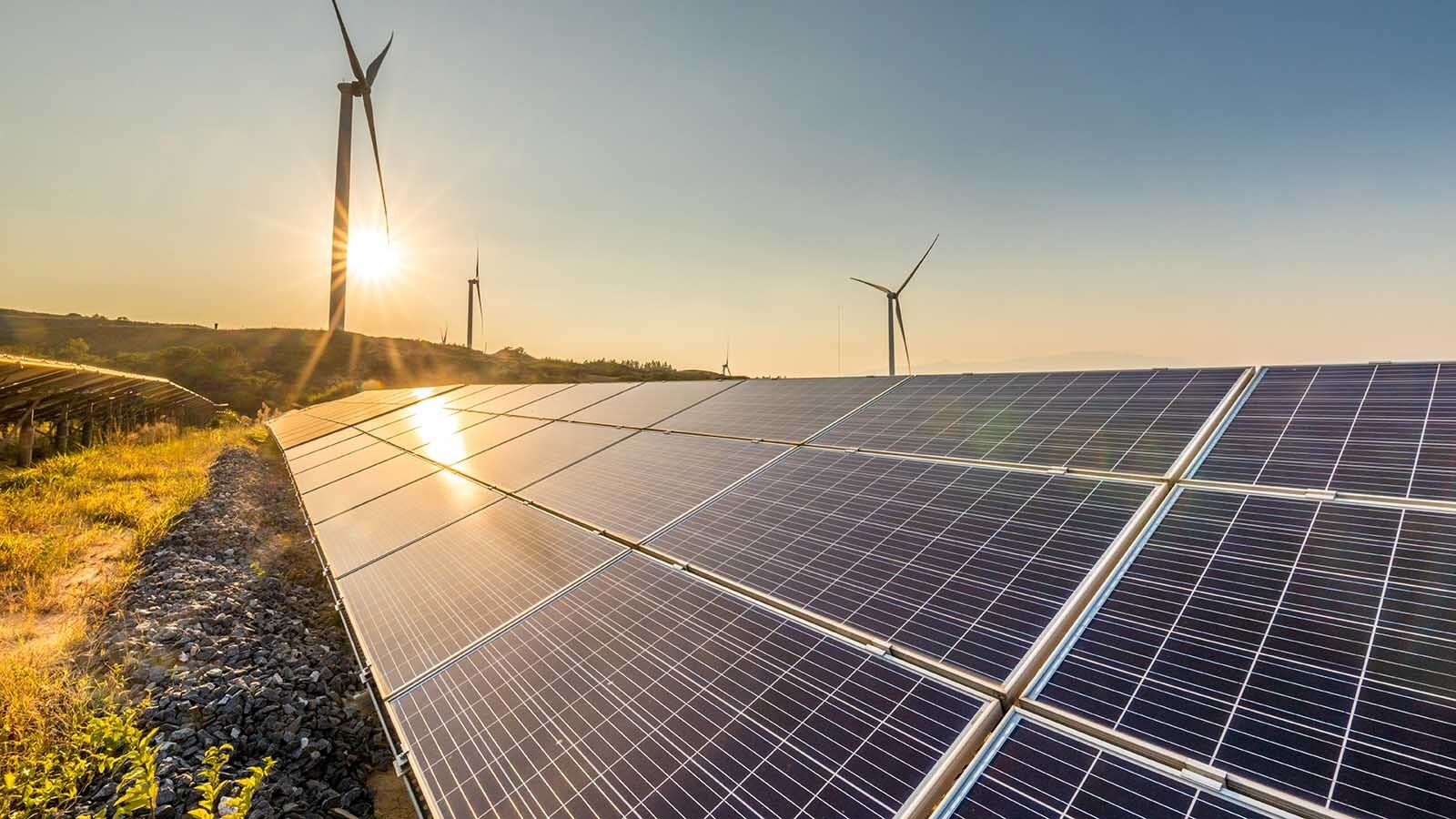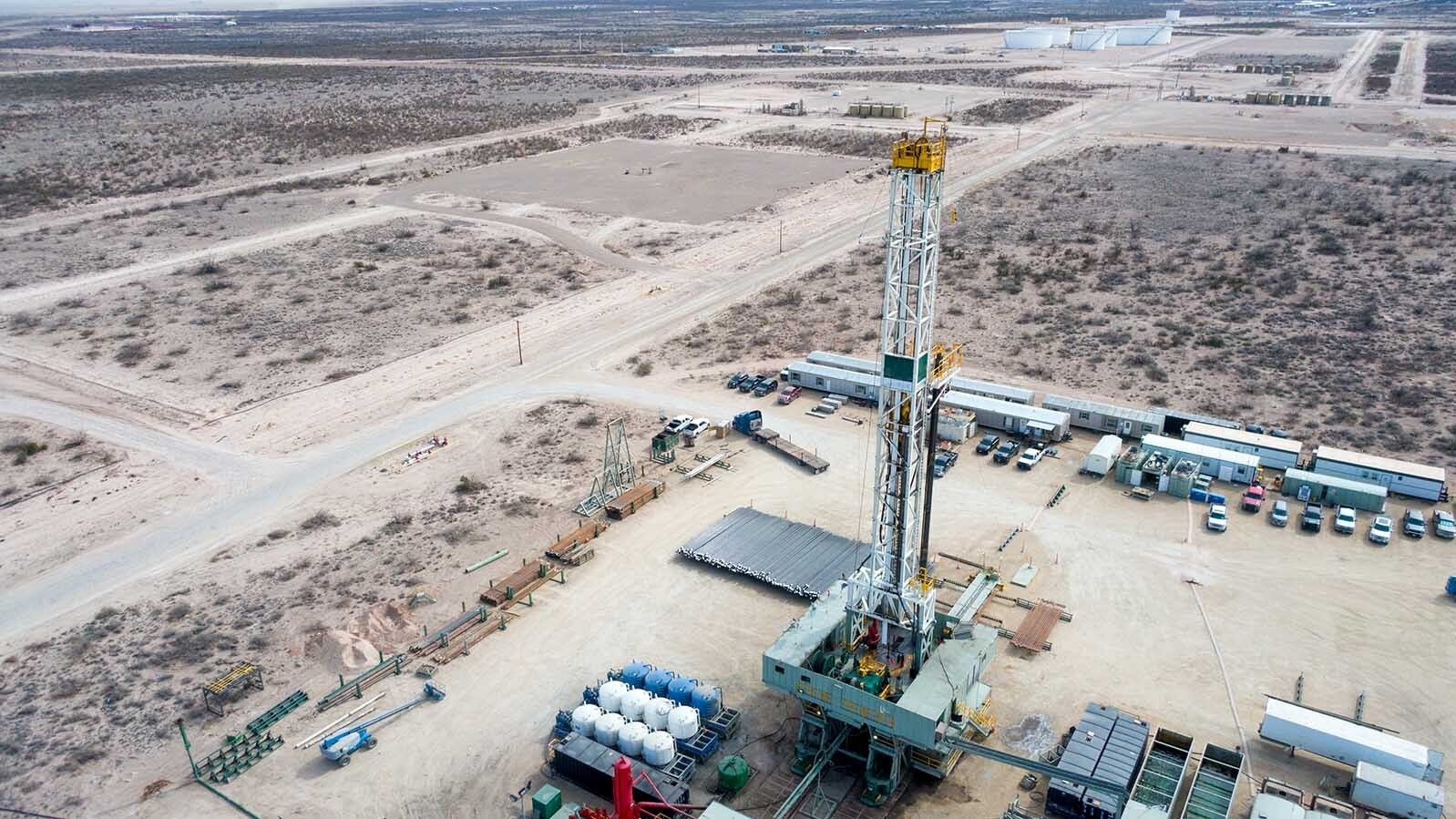In the face of unpopular high prices at the gas pump, President Joe Biden has blamed the war in Ukraine and the greed of oil companies for rising energy costs.
Critics in the Cowboy State, including U.S. Sen. John Barrasso, R-Wyoming, and the Petroleum Association of Wyoming, have long contended that the primary driver of the high cost of gasoline and diesel is the administration’s policies restricting domestic oil and gas development.
The American Energy Alliance (AEA), a nonprofit group that advocates for free market energy policies, released a list today of 125 actions, including links to sources, that the administration and Congress has taken since Biden took office that have made it more difficult for the industry to produce oil and gas.
A Few Examples
• On Jan. 20, 2021, the first day of Biden’s presidency, he canceled the Keystone XL pipeline, issued a moratorium on all oil and natural gas leasing activities in the Arctic National Wildlife Refuge and reversed former President Donald Trump administration executive orders that expanded the ability to increase energy domestically.
• A week later, the president issued an executive order announcing a moratorium on new oil and gas leases on public lands and as a result, his has issued fewer leases on public lands than any administration since before World War II.
• In April 2021, Secretary of the Interior Deb Haaland revoked policies established by the Trump administration, which included rejecting “American Energy Independence” as a goal.
• In September 2021, the Department of Education implemented a Climate Adaptation Plan that incorporates an anti-fossil fuel agenda into the department’s policies.
• In October 2021, the Department of Labor issued a final rule that requires consideration of Environment, Social and Governance (ESG) when evaluating funds for federal retirement plans. ESG is a movement that rates companies on their commitment to various progressive goals. In turn, ESG has pressured investors to steer clear of companies engaged in oil, gas and coal development.
• In March 2022, the president called on Congress to pass legislation that would enact fines on wells that oil companies have leased from the federal government but have not used in years.
These are a few examples from the AEA list that continues into October 2022, when Biden administration officials lobbied the Saudis and other oil-producing nations to hold off reducing oil output until after the midterm elections.
In A Jam
AEA President Thomas Pyle told Cowboy State Daily that the administration isn’t uniquely hostile to oil and gas development. The Obama administration was just as oppositional, if not more, than the current one.
The difference now is activist movements, namely the ESG movement, have pressured investors to steer clear of investments in fossil fuel development, which has led to underinvestment in infrastructure, he said. That, combined with inflation, has made the impacts of the Biden administration’s policies noticeable to the average consumer.
With voters growing discontent with energy costs, the administration has contradictory policies in which oil companies are pressured to increase production or punished for failing to do so — such as proposed legislation to enact fines on unused wells — while maintaining policies that impede oil and gas development.
“They are in a jam because they want to continue with their hostility to the industry,” Pyle said. “They want to curtail domestic production. They want to put the industry out of business.”
But they don’t want to anger voters right before the election.
Rather than increase domestic production, the administration has tapped the nation’s Strategic Petroleum Reserve, draining it to levels it hasn’t reached since the 1980s. It’s encouraging Venezuela to increase production by easing sanctions on the socialist country. And Biden officials tried to convince oil-producing nations in the Middle East to delay production cuts until after the election.
“It’s shocking to me that this was not a scandal,” Pyle said.
A Friend In The White House
Pyle said Donald Trump was able to undo some of the damage from the Obama administration’s policies, but much of his work was then subsequently undone by the current administration.
Under the Trump administration, America was, for the first time since the 1950s, exporting more crude oil than it was importing.
Trump “sent a strong signal to the producers here at home that they have a friend in this administration,” Pyle said. “He understood the value of these resources. He understood the strategic importance, both domestically and internationally.”
Should Republicans win a majority after next week’s election, Pyle said they need to be bold. They’ll still be up against the veto power of the president, but they should work quickly to claw back some of the policies that are holding the industry back.
“They have to take proactive steps to put forward the vision, a clear vision about embracing domestic energy production and encouraging domestic energy production,” Pyle said. “Not just (spout) platitudes about it, and it has to be reflected in their budget.”





